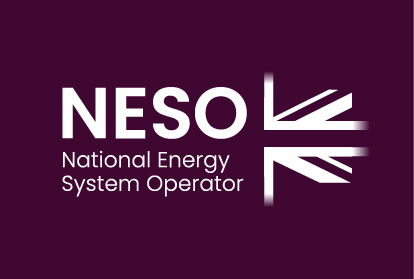The scope of this project set focuses on researching and developing theoretical models, methods and prototype tools for supporting transmission planning and system protection as systems start to accommodate high levels of renewable, inverter-based resources such as wind, solar PV, and battery energy storage, some of which are located on the distribution network system. Transmission planners and protection engineers need validated models of these new technologies and system planning/protection guidelines for using these models, to ensure the system is developed in a way that can be reliably operated with increasing penetrations of these resources. This project set includes research to provide the understanding needed to develop these new models, tools and methods. The validation efforts in 2018 will use measured disturbance data of complex wind and PV power plants in order to validate the generic wind and solar PV plant controller models.
Objectives
The R&D efforts in this EPRI research project work stream PS173A aim to achieve the following objectives under its two sub-projects as outlined below. These are expected to enhance National Grid’s knowledge of these research areas to aid with improving its transmission planning and system operation capabilities
P173.003: Model Development and Validation of Renewable Energy Technologies:
- In prior work, the limitations of positive sequence models in comparison with three-phase models were investigated and demonstrated. Models in positive sequence planning tools (both generic and vendor specific) are known to be inappropriate for use in certain studies, such as wind/solar interconnection in weak systems. In 2018 the work will focus on quantifying these limitations through case studies on actual systems in collaboration with EPRI members. Through its membership of this research group, National Grid as the GB System Operator will look into participation in the proposed case studies.
- Modeling of Distributed Energy Resources (DER) for Stability Studies: This task builds on the work undertaken in 2017. The research under this task will be closely coordinated with the research on load modeling performed in another (related) EPRI research programme, which considered the further development of modular composite load models, and the relationship between the load model and the DER model.
- Development of a generic model for wind inertia modeling: Adding a feature to the 2nd generation generic renewable energy system models, for modeling so-called “synthetic inertia” or “emulated inertia” for wind turbine generators.
- Continued generic wind and solar plant model validation efforts: In 2018 the work will continue on pursuing measured disturbance data of complex wind and PV power plants that will be used to validate the generic complex plant controller model. This work will be subject to data availability.
- Assessment of Renewable Generation/DER Hosting Capacity of a Transmission System: This task is continuation of work, begun in 2016 under EPRI’s technology innovation (TI) project, on a high-level prototype screening tool. In 2016-2017, the tool framework was developed and implemented using Python/PSSE scripting and bulk system simulation platform. In addition, case studies are being performed using several utility systems to validate and refine the tool. The following objectives are targeted for 2018:
- Enhancement and further development of tool, implement additional automated screening capabilities.
- Explore feasibility of including stability analysis (rotor angular stability, transient voltage and small signal stability) and criteria like critical clearing time, speed deviation, transient voltage dip and voltage recovery in the core engine of this tool.
The GB System Operator expects to use the learnings from the above research activities to inform and drive the strategy for the future of network access planning tools, as well as enhancing current modelling capabilities to plan and forecast energy requirements more accurately.
P173.009: Impact of Renewables on System Protection:
- Develop and validate generic short-circuit models of converter interfaced renewable resources including Type 3 and Type 4 wind turbine generators (WTGs )and solar PV generators, suitable for fault analysis, which take into account the complex behavior of the inverter interfaced systems during fault conditions. These models will be shared by EPRI through engagement with commercial software vendors to ensure that they are incorporated into the tools that EPRI members use to conduct protection studies.
- Evaluate the impact of increased renewable penetration on the performance of legacy protection schemes and on conventional methodologies that planning and protection engineers use to conduct relay setting and protection coordination studies. Propose guidelines and recommendations to the engineers when performing protection studies on systems with significant renewables penetration that will ensure the efficiency of the existing protection schemes or suggest new ones.




